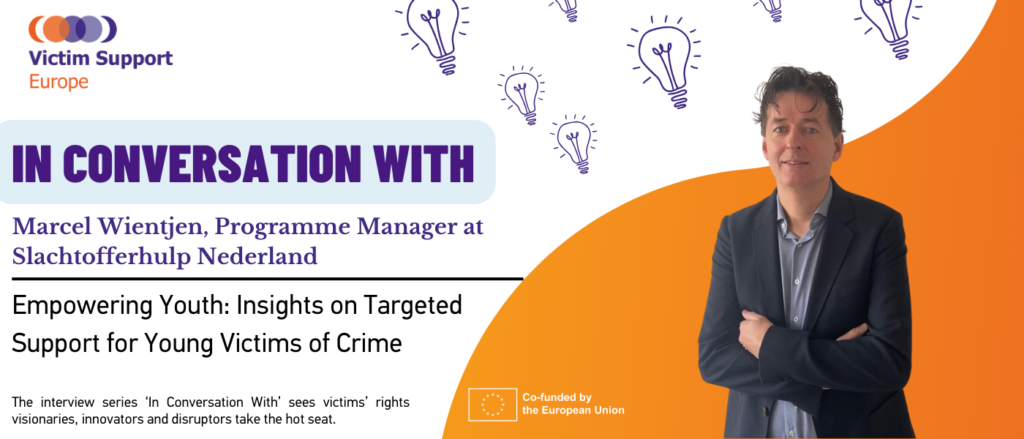Out of the Blue

Opinion Piece by Barbara Louw
There are people among us who experienced blissful childhoods. They were safe, nurtured and loved. They played and explored the world without fear. Their young lives were well-kept like a beautiful garden. When the minor storms of life come it was like a rainstorm that came and left without any real damage. They bloomed and flourished with high hopes for the future. Many of this fortunate group of people grew into adulthood without extraordinary challenges.
Then one day, out of the blue, there is a traumatic event that blows through their lives and destroys their life assumptions. This event is like a hurricane that raged through the beautiful garden. Nothing they ever experience could prepare them for the destruction and pain they have to deal with. They are overwhelmed.
It is estimated that about 65% of adult report that they experienced at least one form of adverse childhood experience before 18 years of age. This implies that about 35% of people describe themselves as being “okay” and “blessed”. They do not see themselves as victims of anything. However, many of them are ill-prepared to deal with victimisation and trauma.
They are not keen on using victim support services, because they don’t identify with the narrative of being a victim or a survivor. They are stunned and numb, as well as anxious. All their physical, emotional and psychological systems are so overwhelmed that they can’t reach out for help.
This leads me to wonder about how effective victim support initiatives are. There is a chance that we are missing people who need our support because they don’t understand victim support can be valuable for them. They are scared of being labelled and branded by what happened to them. They are terrified of losing more control over their lives.
I advocate for victim support services with a personal touch. This includes the following five elements:
- Time to listen to each person’s unique story.
- No labels or branding, because there are terms that alienate people and prevent them from accepting support. We refer to the people we help as clients because that implies that they have a choice whether to accept our support or not.
- Well-trained supporter workers who understand that victim support is essential for help and healing. A very small percentage of people who experience advanced events need long-term counselling, but everyone needs a bit of loving care.
- Honesty and integrity include not making promises that cannot be fulfilled.
- Excellent follow-up system to ensure the optimal opportunity for clients to find their feed again.
In closing, I want to thank all the victim support workers who help people to get their lives together again. May your life be a beautiful garden where many will find peace.
Barbara Louw
CEO of Inter Trauma Nexus
Recommend0 recommendationsPublished in Opinion


